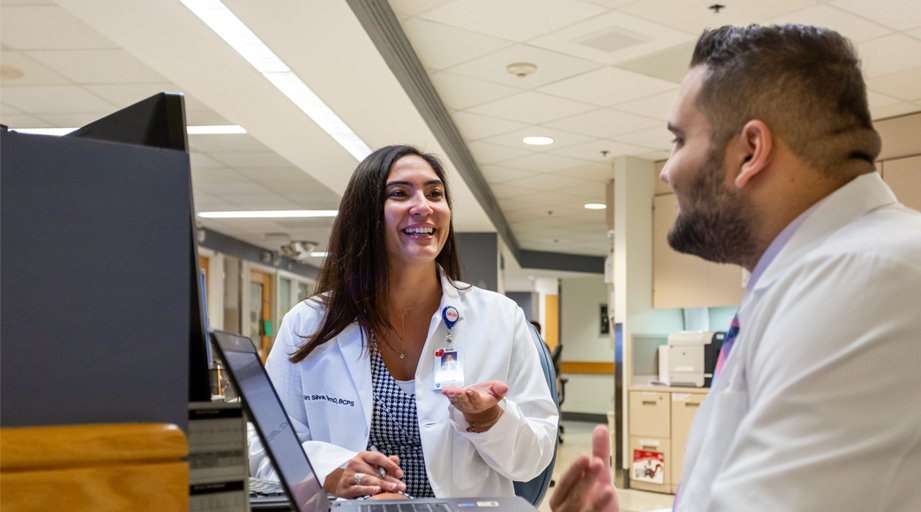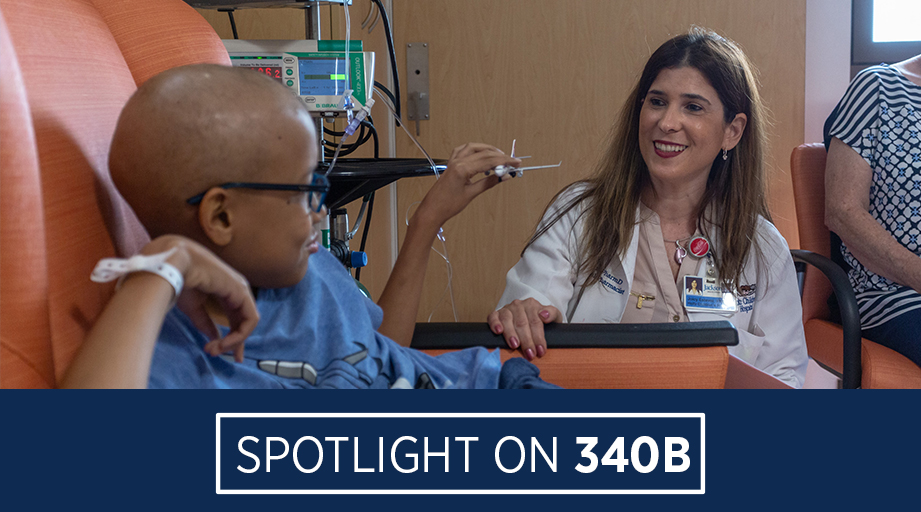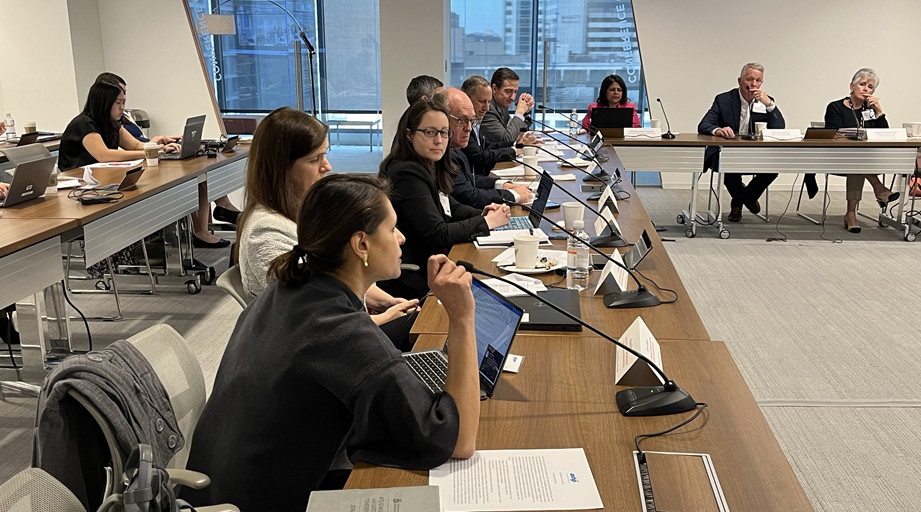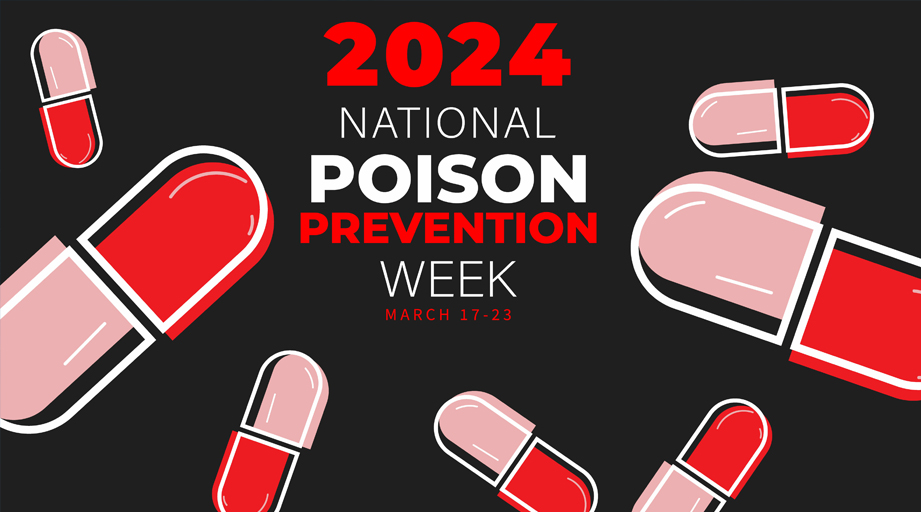
Nearly two years into the COVID-19 pandemic, the pharmacy team at Memorial Health System in Florida is looking back on challenges met and opportunities seized to better serve patients.
“We really looked at opportunities for us to establish new pharmacy services to help us maintain the quality of care,” said Dovena Lazaridis, clinical pharmacy manager for population health and transitions pharmacy services.
Vice President and Chief Pharmacy Officer Dorinda Segovia said the health system launched an outpatient telehealth pharmacy center in the early days of the pandemic to support education and transitional care for patients with complex conditions.
One of the first things the pharmacy team learned through telehealth was that many patients were struggling to afford their medications.
“Through the telehealth model, [we could] really talk with them and help with medication access. The team was really engaged in helping patients with coupons and issues with program enrollment,” Segovia said.
When in-person hours were limited at the health system’s primary care clinics, pharmacists at those sites established a collaborative protocol with physicians to authorize prescription refills. Segovia said she hopes to expand this service throughout the health system.
Memorial’s clinic-based pharmacies added a delivery service to ensure patients maintained access to their medications during the pandemic, said Yenia Silva, director of specialty and community pharmacy services for the health system.
Silva said delivery services were also implemented or expanded at the health system’s outpatient pharmacies.
New opportunities for pharmacists’ engagement also arose in Memorial’s hospitals, said Norman Doctor, clinical coordinator for emergency medicine at Memorial Regional Hospital.
Doctor is part of a research team that evaluated algorithm-guided thromboelastography (TEG) to characterize coagulopathy in patients with COVID-19. In addition to documenting the presence of hypercoagualopathy, a well-known complication of COVID-19, the researchers identified hemorrhagic presentations of COVID-19. The team’s findings were published last December in Critical Care Observations.
“Using TEG has really changed how we manage our COVID patients with their coagulopathies,” Doctor said. “We are very proud of that publication.”
Veronica Sherman, clinical coordinator for critical care at Memorial Hospital Miramar, said this year’s summer COVID-19 surge strained critical care teams throughout the health system.
“Everything kind of blew up, and our volumes were really high,” Sherman said. “We were really battling both patient care concerns as well as that burnout that we were seeing . . . in our healthcare teams and our pharmacy teams.”
To relieve the pressure on critical care specialists, the department created a boot camp for experienced pharmacists who lacked advanced training in critical care. Boot camp participants were then able to care for lower-acuity patients while critical care specialists focused on patients who required paralytics, multiple vasopressors, and higher-level therapies.
“We were also very proactive as members of the emergency response team, providing support with cardiac arrest and intubation,” Sherman said.
Jennifer Henry, director pharmacy at Memorial Hospital West, said that unlike earlier COVID-19 waves, this summer’s surge occurred alongside a high census of patients hospitalized for reasons other than COVID-19.
“What that led to is the need to start opening up nontraditional areas of care,” Henry said. “So we converted our classrooms, our auditorium, and our cafeteria into patient care units.”
Henry said because pharmacists were managing larger caseloads than usual, workflow changes were needed throughout the department.
“Normally our pharmacists were rounding with our general medical education residents,” Henry explained. “We had to repurpose them to actually help take care of our high census volume.”
Henry said some pharmacy technicians were pulled from medication reconciliation duties to focus on filling and relocating automated dispensing cabinets and delivering medications where needed.
To stay ahead of potential drug shortages, Leslie Williams, clinical coordinator at Memorial Regional Hospital, created a specialized calculator to track inventory and use levels of key medications commonly used in patients with COVID-19.
The calculator also serves as a proxy for trends in COVID-19 admissions.
“At one point we had 400 people on various infusion drips, and now we have 230 people on various infusions,” Williams said in October.
Deborah Fernandez, clinical coordinator for infectious disease at Memorial Hospital Pembroke, said the organization’s busy COVID-19 monoclonal antibody clinics grew from a service that was first rolled out in the emergency department (ED) in December 2020.
Within weeks of treating the first patient, the ED staff had administered 300 infusions to people who were at high risk for severe COVID-19 symptoms. The service has since expanded to multiple sites, including urgent care centers, Fernandez said.
Marisa Abrahiem, director of pharmacy for Memorial Hospital Pembroke, said the ED team got a morale boost after the first monoclonal antibody therapy recipient, who was treated under a compassionate use protocol, sent a letter of thanks to the health system’s chief executive officer. The patient also participated in media interviews and outreach to share the experience and urge others to seek treatment.
Patricia Taylor, director of operations for Memorial Home Infusion, said her service has continued to operate throughout the pandemic to care for patients, with and without COVID-19, who need prolonged infusion care in the home.
Taylor said the service was “inundated with COVID patients” during the height of the pandemic. The home infusion and inpatient services kept pace with needs, in part, by centralizing the preparation of sterile compounded infusion products.
Brian McKee, director of pharmacy at Joe DiMaggio Children’s Hospital, said there were few COVID-19 admissions at the pediatric hospital during the first surge in 2020. But inpatient admissions picked up this year after the SARS-CoV-2 Delta variant emerged.
“This year, we have seen both a higher amount of patients as well as a higher acuity, unfortunately,” McKee said. “A lot of that is in our population that are already at high risk but unfortunately didn’t meet all the criteria for vaccination based upon age.”
He said there’s also been “a drastic increase” in the number of COVID-19-positive pediatric patients who visit the emergency department but aren’t sick enough to be admitted.
McKee estimated that the hospital had about 5–6 pediatric COVID-19 admissions per day at the height of the 2021 summer surge, but the numbers began trending down in the fall.
The hospital has also been vaccinating young patients against COVID-19 in accordance with emergency use authorizations.
“We’ve given over 1,500 [vaccine] doses since . . . the approval at the end of May,” McKee said.
Christopher Smith, director of pharmacy services at Memorial Regional Hospital, has been coordinating vaccination efforts with the TotalHeart center, which manages the health system’s heard transplantation patients.
“We’re really redesigning the workflow because there really is a desire to require heart transplant patients to receive the vaccine,” Smith said.
Segovia said the organization’s latest challenge, after administering more than 87,000 vaccine doses, is maintaining access and availability.
“We are in a community where people are wanting to get vaccinated at the healthcare system,” she said. “And having appointments available [for pharmacists] to vaccinate everyone who wants to be vaccinated is one of our challenges.”
Segovia said she is grateful for her colleagues’ hard work and dedication to their patients throughout the pandemic.
“Even though the team is tired, we have seen an incredible uptick of leadership qualities from everyone [and] a huge sense of ownership and community effort,” Segovia said.
[This news story will appear in an upcoming issue of AJHP.]






